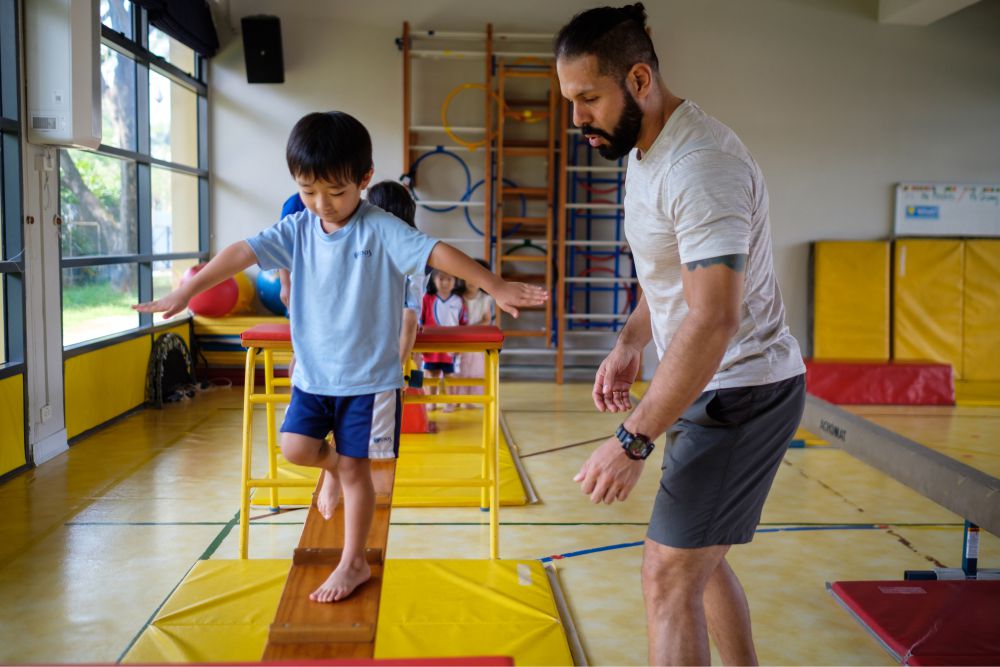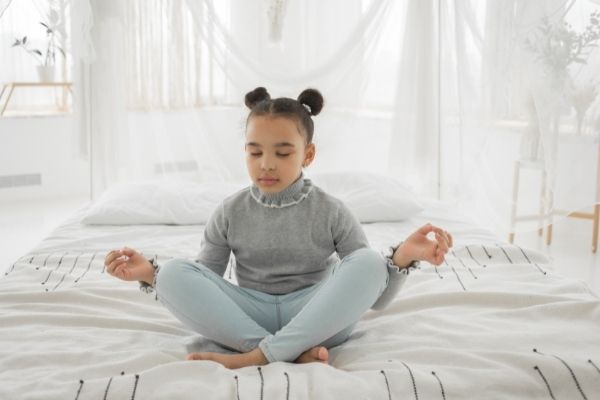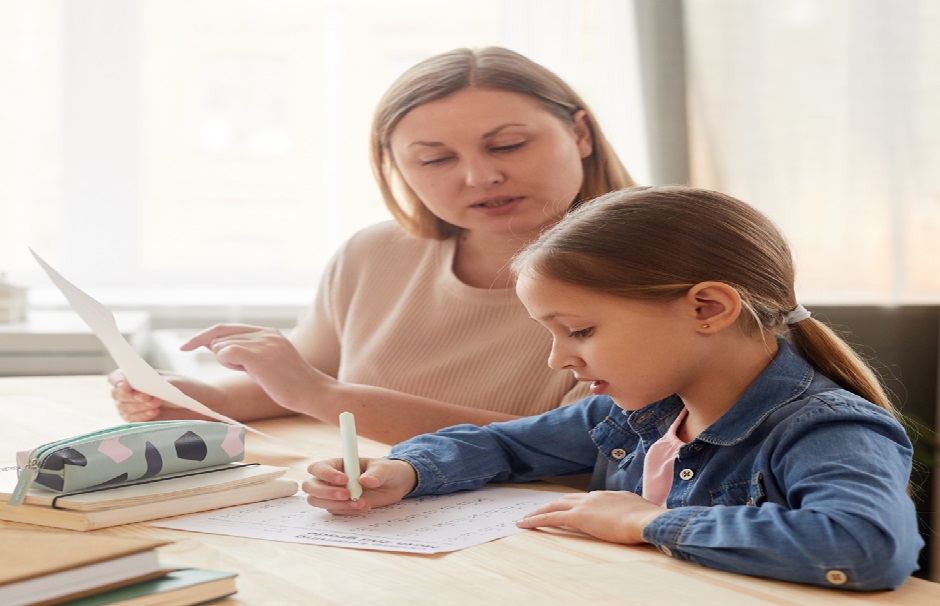Encouragement of pupils’ independence depends on a disciplined yet adaptable classroom. Guiding students toward appropriate decisions, controlling their emotions, and maintaining concentration depends mostly on teachers. Through self regulation training, teachers can provide their pupils the tools they need to properly manage obstacles. Promoting self-discipline helps kids be ready for future obligations as well as improve their academic performance. The secret is to create plans that support self-awareness and responsibility while preserving an interesting and motivating classroom environment.
Establish Clear Expectations
Helping children to grasp what is expected of them depends mostly on consistency. Clearly defined guidelines and consistent repetition of them guarantees that students absorb suitable actions. Stressing the advantages of self-discipline can help you to avoid concentrating just on results. Model expected behavior and offer light reminders as required. Students can also be encouraged to own their behaviors by visual signals, regimented activities, and group rules-setting.
Encourage Mindfulness and Reflection
Instructing pupils to stop and consider their behavior promotes self-awareness. Simple mindfulness techniques such guided meditation or deep breathing can help them to control reactions and emotions. Moreover encouraging introspection are group talks about daily events or journaling about such experiences. Encouragement of pupils to evaluate their development and pinpoint areas needing work fosters accountability and self-motivation.
Foster a Supportive Classroom Culture
Encouragement of self-regulation depends much on a good teaching environment. Students who experience safety and support are more likely to control their conduct. By appreciating efforts and promoting honest communication, create close bonds between teachers and students. Giving pupils chances for peer cooperation also helps them grow to be problem solvers and learn from one another. Encouragement of pupils to help with classroom decisions and recognition of individual abilities fosters responsibility and confidence.
Teach Practical Self-Regulation Strategies
Crucially, teaching pupils’ useful strategies to control emotions and urges is vital. Students can keep on target using strategies including goal planning, self-monitoring, and planned breaks. Giving options for projects and homework lets students practice making decisions. Gamification of self-management strategies such as reward systems or progress charts helps to make the process interesting. Regular exercise and reinforcement of these abilities guarantees that pupils grow in resilience and independence.
Giving self regulation training top priority helps teachers enable their pupils to take charge of their behaviors and learning process. Not only can a well-run classroom that stresses self-regulation help students intellectually, but it also gets them ready for success across a lifetime.







